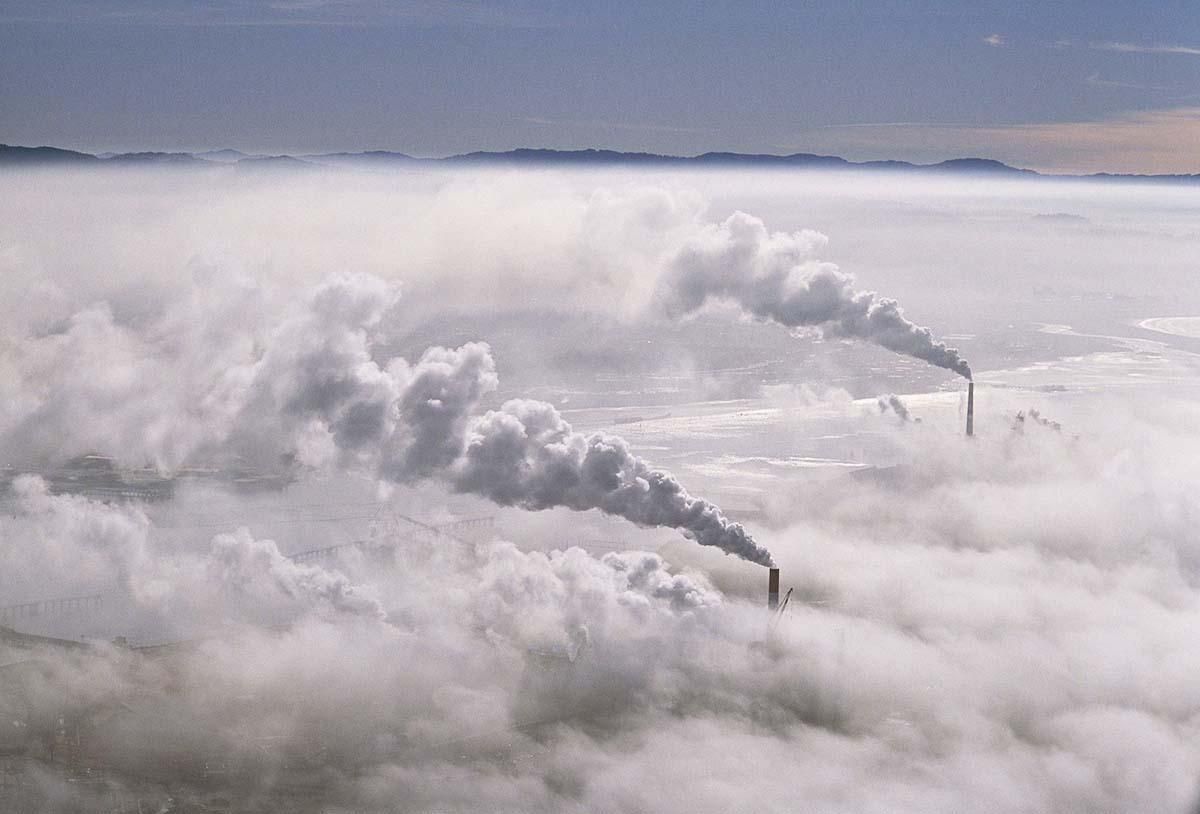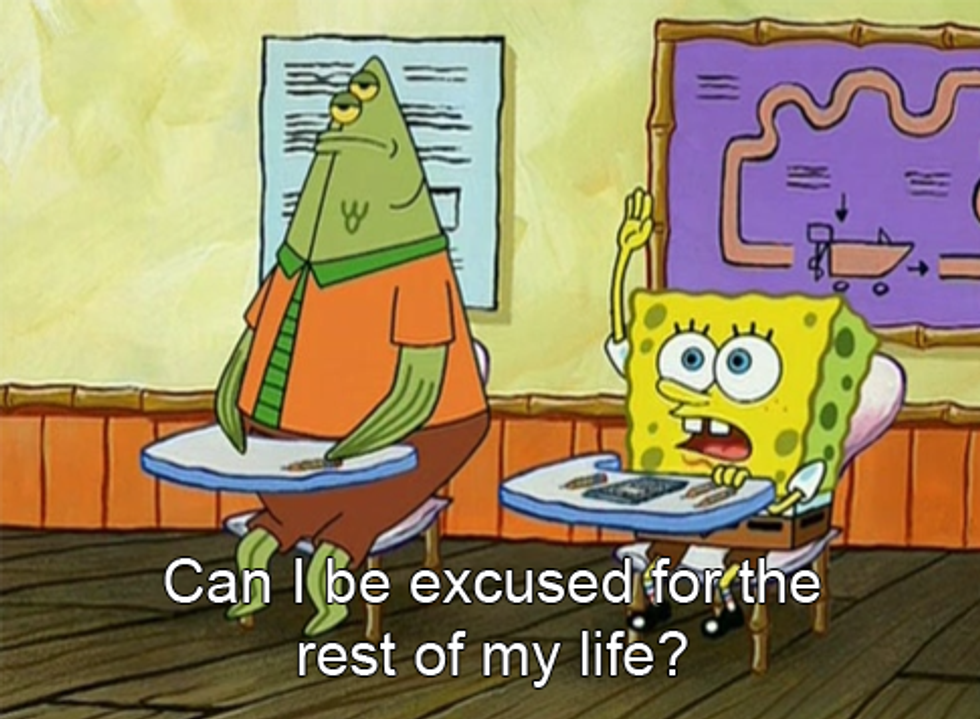The chain of heat distribution in the atmosphere consists of several stages. First of all, solar radiation tends to get to earth. Half of the ultraviolet rays fall directly to us, and the remaining radiation is reflected by the atmosphere and clouds, not letting it pass from space to people. The heat that remains below the atmosphere is absorbed into the oceans and land. And then the planet again gives thermal energy to the cosmos. But the greenhouse effect retains some of the heat. It serves as a kind of greenhouse, which is why it is named so.
Greenhouse gases contribute to this: methane, ozone, water vapor and carbon dioxide. The first and last are the most dangerous. Carbon dioxide accounts for 76% of all anthropogenic emissions on Earth. It tends to linger in the atmosphere. For example, 40% of emissions will remain in the air for about the next hundred years. Although methane disappears several times faster, it affects the temperature 25 times more than CO₂ over a century period. Methane accounts for almost a fifth of all greenhouse gas emissions.
The ozone layer has already suffered from human activity: it is thinning due to harmful substances that man began to master in the last century. But the greenhouse effect is only getting stronger and leads to global warming.
This happens for several reasons. The first is deforestation for economic purposes. There are fewer and fewer trees, which means that less carbon dioxide is absorbed on the Ground and less carbon is released by the soil. And when trees decompose, the same harmful substance is released. Excess gas continues to occupy a place in the atmosphere.
The second reason is banal and familiar — the burning of natural fuel. The release of vapors from oil and gas into the air not only pollutes the air around us, but also multiplies the natural amount of greenhouse gases. This can also include harmful substances containing chlorine and fluorine. They are found in aerosol cans and refrigerators.
There is another reason, which is now a little lost against the background of the others, but can play a cruel joke with humanity in the future — the burial and incineration of waste. Why is it dangerous? Piles of garbage in landfills emit methane, which retains heat. And burning garbage is just as dangerous as burning fuel. At the same time, heavy metals also get into the air, which directly affect human health. Now eco-activists are trying to influence the order of waste disposal and even create petitions to abolish garbage incineration.
What will happen to the water?
An increase in the temperature of the planet leads to the melting of glaciers. And this is becoming a problem that may soon become dangerous for a number of countries. First of all, glaciers and ice caps cover as much as 10% of the land. If at one moment they all melted, the level of the World Ocean would rise by 70 meters.
Glaciers serve as the main source of fresh water and a resource for economic activity. For example, it is unknown how devastated India, Bolivia and Peru will be if they lose some water from glaciers. And residents of places on the map such as Bangladesh, the Netherlands and the American state of Florida will have to seek refuge because of the threat of flooding of coastal areas. The Intergovernmental Panel on Climate Change «IPCC» suggests that the average temperature on the planet will increase by about 0.2 degrees Celsius over a decade. And even if people exclude aerosols from their lives and reduce greenhouse gas emissions to the level of 2000, global warming will not be completely stopped. However, you can slow it down and reduce the average temperature by 0.1 degrees.
IPCC researchers also believe that global warming will change the quality of water supply around the world. By the middle of the century, access to fresh water is likely to increase in high latitudes and in some tropical zones. But at the same time, in the arid regions of the middle latitudes, water resources will decrease.
There are many consequences of unnatural warming for nature, and none of them can be called useful for humans. For this reason, it is important to remember about the existence of a protective «greenhouse» around our planet, besides, the center of this whole «greenhouse» is ourselves.
Health and WellnessJan 01, 2023
What is the greenhouse effect?
Now humanity is concerned about several serious environmental problems at once. The main ones, of course, are nature pollution, ozone holes and global warming. The latter threat is directly related to the intensification of the greenhouse effect.
The greenhouse effect is not something bad or dangerous in its original form. On the contrary, it is one of the parts of the protective mechanism of our planet. With the help of the greenhouse effect, the atmosphere is heated, and because of this, heat from sunlight cannot escape into space. This is necessary so that living beings can grow and develop in favorable conditions.
How does the greenhouse effect occur?
5




















